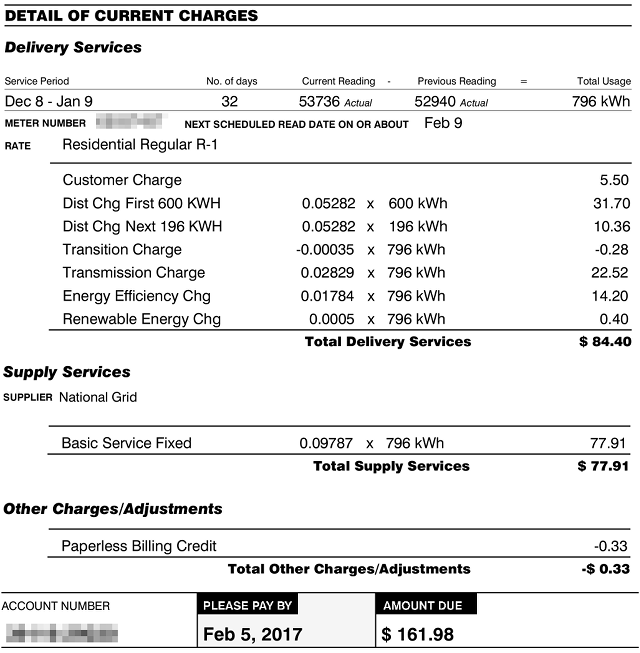- Joined
- Aug 20, 2006
- Messages
- 13,000
New York state will “finally” launch a rebate that will make electric vehicles more price competitive with traditional cars and boost its effort toward reducing automotive carbon emissions. This is great news for anyone who is already looking to buy an EV, but I am not sure how persuasive rebates really are for everyone else. I mean, $2K is a nice chunk of change, but it isn’t going to make your EV go any farther.
New York State, headed by Democrat Andrew Cuomo announced a new up to $2,000 rebate program for all-electric and plug-in hybrid vehicle buyers. That means the Model 3 New Yorkers reserved just got significantly cheaper. The rebate will help make EVs more cost competitive with gas-powered cars at purchase (they are often already much cheaper to own when accounting for gas savings) and will go into effect on April 1. “We want to make electric vehicles a mainstream option,” said state Assemblywoman Amy Paulin, a Westchester County Democrat who leads the Assembly energy committee. “They are becoming more affordable and we need to encourage them.”
New York State, headed by Democrat Andrew Cuomo announced a new up to $2,000 rebate program for all-electric and plug-in hybrid vehicle buyers. That means the Model 3 New Yorkers reserved just got significantly cheaper. The rebate will help make EVs more cost competitive with gas-powered cars at purchase (they are often already much cheaper to own when accounting for gas savings) and will go into effect on April 1. “We want to make electric vehicles a mainstream option,” said state Assemblywoman Amy Paulin, a Westchester County Democrat who leads the Assembly energy committee. “They are becoming more affordable and we need to encourage them.”
![[H]ard|Forum](/styles/hardforum/xenforo/logo_dark.png)
